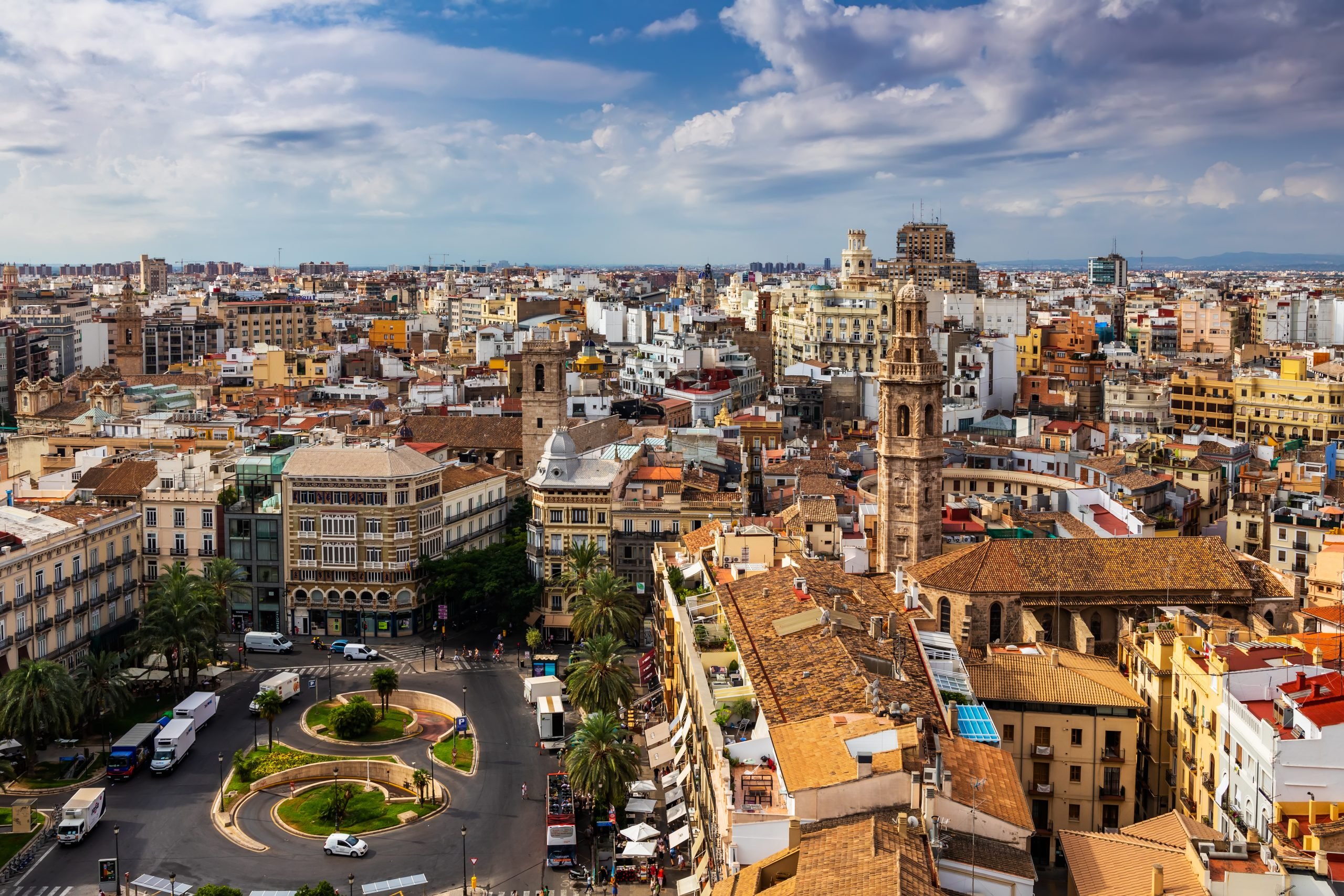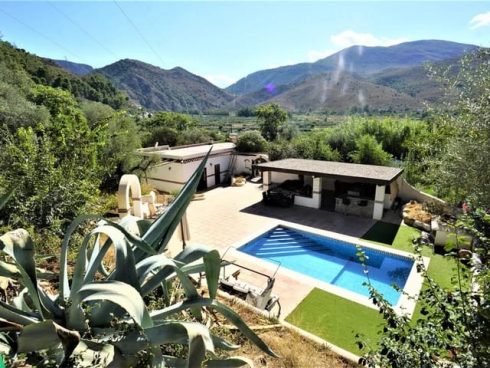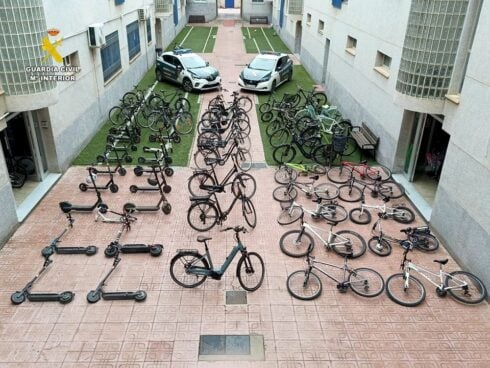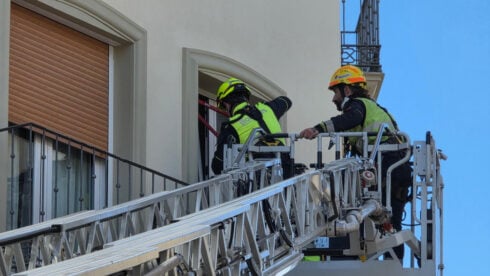THE controversy over the introduction of a tourist tax in the region of Valencia rumbles on in the region’s parliament after a debate which lasted almost ten hours on Wednesday.
The introduction of the tax is a divisive issue with left wing parties Compromís and Unidas Podemos supporting the idea.
The governing socialist party (PSPV) agrees broadly, but remains at odds with their coalition partners as to the details.
The PSPV agrees to consider the tax should it be applied in municipalities and on a case by case basis, but they are against a general tax affecting the entire province.
Opposition leaders of the Partido Popular (PP) oppose the plans, and right wing party VOX rejects the idea outright.
The potential cost of the tax is currently unknown. However other regions across Spain have adopted similar measures.
Visitors to Barcelona currently pay a similar charge when staying in tourist accommodations such as campsites, hotels, guestrooms and on cruise ships.
The tax, known as la tasa turística, is charged on accommodation bookings and is paid as guests check out of their accommodation in the city.
In Spanish it is called la tasa turística, and the Catalan capital charges 2.25 euros for 5-star hotels, 1.10 euros for 4-star hotels and 2 euros for 3-star hotels or less. In the case of apartments, guests pay a single rate per person per night of 2.25 euros.
The tax is also applied throughout the rest of Catalonia, and is charged at 2.25 euros for 5-star establishments, 0.90 cents for 4-star and 4-star establishments and 0.45 for other accommodation. Outside of Barcelona, apartments ask for 90 cents per person per night.
PSPV Vice General Secretary Manolo Mata said that his party would approve the tax for municipalities but not for the entire Valencian community, he warned not to “improvise something that has important consequences”.
Mata said that he has been waiting since 2018 for a “concrete proposal” on the issue of the tourist tax, which is raised every October as budgets are approved for the subsequent year.
Mata says that his party is not in favour of imposing a tax for regional overnight stays, but would support the measure if there are municipalities that want to implement it on a case by case basis.
Deputy Podemos spokesperson Estefanía Blanes said that there are those who “always think that perhaps it is not the moment” for the tourist tax, but admits that the details of the idea are yet to be finalized.
Partido Popular Secretary General María José Catalá has urged the government to focus on other issues, and warns against raising taxes in an already struggling tourism sector. Catalá warns that the sector has suffered “many economic losses and still has workers in ERTE”, and argues that the sector could not cope with new taxes.
Ciudadanos spokesperson Ruth Merino has said that they are against the tax in principle, adding that “enough taxes are already paid elsewhere”.
The debate rages on in Valencia as the region prepares to pass it’s budget in October.
During the month of September the Valencian Community saw its average hotel occupancy close to 70% in most tourist destinations, with the city of Valencia leading the way with an average of 71.5% occupancy, according to data from the Hosbec hotel association.
The province of Castellón saw 68.6% during the same period, and Benidorm registered an average of 68.4% and the Costa Blanca 67%.
Spain’s 17 autonomous communities, with the exception of Navarre and the Basque Country, have their own tourist taxes.
On September 1st, Madrid leader and President Isabel Díaz Ayuso announced that she wanted to scrap the charge in the city, she argued that some regional taxes are now becoming obsolete as other taxes have been introduced by Spain’s central government nationalwide.
However the tourist taxes apply across Spain. Catalonia has the higher tax rate of all of Spain’s 17 regions. Andalucia comes second withh eight taxes, though some have been suspended during the pandemic.
The idea of a tourist tax remains controversial throughout Spain, and the debate rages on in Valencia’s parliament.
Click here to read more Valencia News from The Olive Press.








